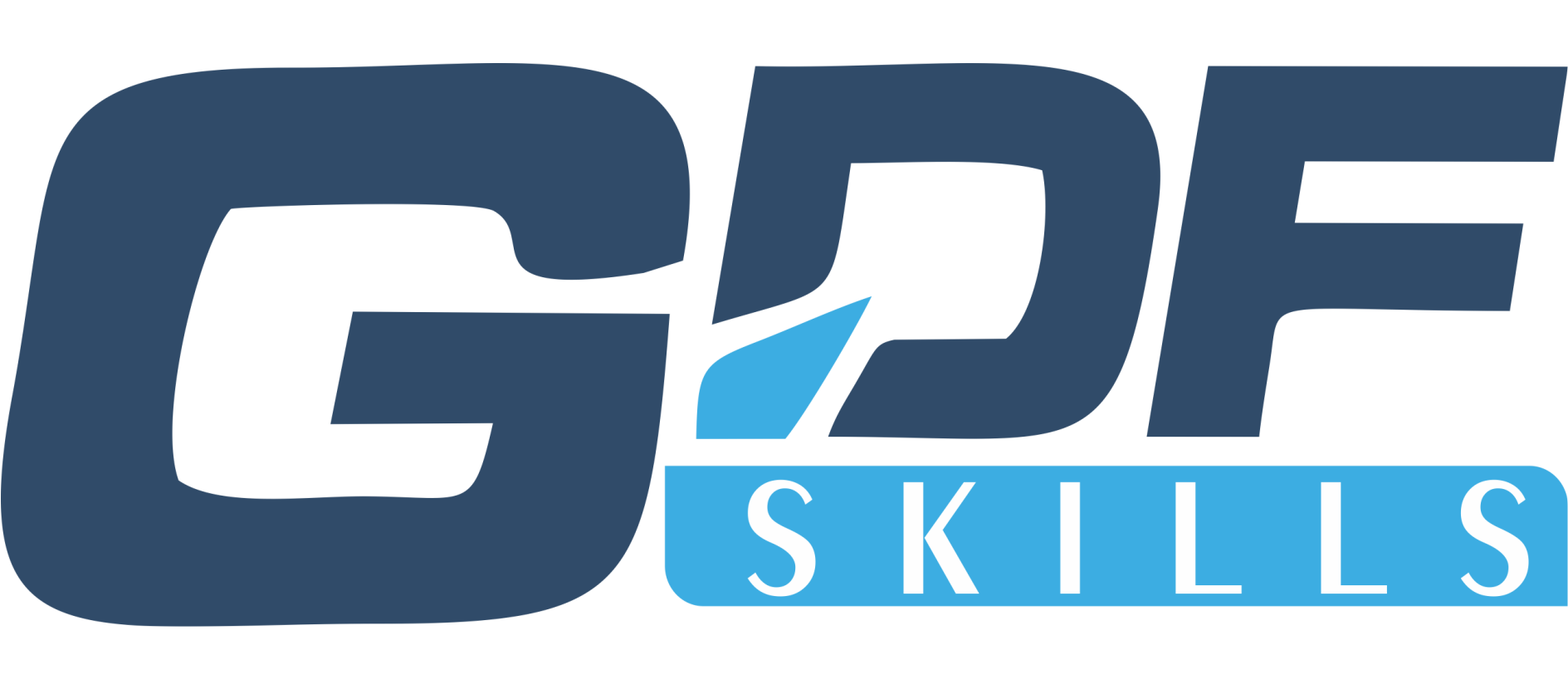Pooja Sharma Tue, 10/01/2019 - 19:46
Pooja Sharma, Head, Career Education Business (India), GDF Limited When I was in school, we hadn't heard or thought of apps; India now has nearly four million app developers. And our children will never know what a telegram was. The point is, with the rapid technological changes, it is tough to predict which job skills will thrive and which ones will become obsolete in the near future. A report by McKinsey Global says as many as 800 million jobs could be lost to automation by 2030. Even the World Bank data estimates that 69% of today's jobs in India are threatened by automation.
That's why I'd say the most sought-after trait in today's unpredictable times is adaptability the ability to respond to changes, unlearn and re-learn quickly. These days in work culture, the survival of the fittest requires a combination of cognitive and socio-behavioral skills like critical thinking, problem-solving, curiosity, and creativity. Therefore, the training of the future is going to be very different and will require a major shift in strategy.
For starters, instead of being stuck in a reaction mode by trying to catch-up with the next wave, it is important to be proactive and gear up for the next talent needs. NASSCOM, for instance, intends to upskill two million IT employees through their Future Skills platform with help from the industry and the Central government to create an industry-ready workforce. These will provide digital training content from some of the best institutions in the world such as MIT, Stanford University, IITs, and other world-class organizations. The learning industry needs to take similar proactive steps.
Follow the forecast
Talent pools are queue lines for organizations where there are potential candidates who are upskilled and potentially ready to work for the best companies in the near future. Like GDF’s Talent Pipeline as a Service (TPaaS) ensures reliable availability of specifically skilled talent to global organizations to match the pace of expansion in today’s fast-changing, uncertain business environment. The key to being in the cream of that crowd is to be multi skilled and relevant. According to the World Development Report 2019, in 2018 a marketing professional might well be called upon to write algorithms; a physics graduate may land a job as a quantitative trader in the finance industry. Workers who bring emerging skills into relevant technical fields of expertise teachers who are good at web design, actuaries proficient in big data analytics are likely to be in high demand. There are no fixed rules.
Skilling for the workplace of the future
The Future of work is rapidly changing. In a comprehensive study along with the Boston Consulting Group, NASSCOM has identified eight technologies poised to grow tremendously both nationally and globally in the coming decade, along with associated 55 job roles and corresponding skills required for those technologies. These include skills in Artificial Intelligence, Virtual Reality, Robotic Process Automation, Internet of Things, Big Data Analytics, 3D Printing, Cloud Computing, Social, and Mobile.
The learning industry will play a crucial role in enabling the existing workforce and the Gen-Next to acquire new skills in emerging technologies to remain relevant in the future. First, the quality of school and university level education needs to be enhanced and brought on par with the best in the world. A large share of children entering primary school in 2018 will work in occupations that do not yet exist. Therefore the focus needs to be on creating a skilled workforce for the future of work and on developing cognitive and socio-behavioral skills since these are transferable across jobs and appear to be increasingly important. These determine the individual's ability to understand the complex world around them and act accordingly.
Next and the most important aspect is upskilling the current lot. Since it is essential to be relevant and valued in today's fast-changing business where there are billions of aspirants, the learning industry first needs to upscale itself to be best-in-class. They need to blend different platforms of learning and harness disruptive technology to enable working professionals to learn through a unique combination of offline and online learning. This gives professionals the flexibility of learning anytime, anywhere, even while continuing with their jobs. By partnering with leading national and international universities and by bringing local industry experts and thought leaders on board, the learner gets a right mix of theoretical and practical learning. On similar lines, GDF will train around 100,000 youths in three years for aspirational career opportunities in leading corporates in the IT & BFSI Sectors.
Lastly, close collaboration between industry and vocational education also plays an important role. In China, Lenovo is working with tertiary institutes to train vocational students in high-tech areas such as cloud computing, which features practice-based curricula, practitioner-led instruction, along with professional certification. Filling in information gaps enables students to make choices between and within different paths. Chile is establishing online platforms where students can access information on the employability of individuals with various degrees, wage profiles, courses to take for certain occupations.
The point is, amidst all this scare of new technologies killing jobs, one needs to be pragmatic and understand the upcoming opportunities there are on offer. It's a given that Disruptive technologies such as Artificial Intelligence, Blockchain and the Internet of Things, will have a profound impact on the way we live and work but for it to be a positive one , one has to begin with the right learning.


